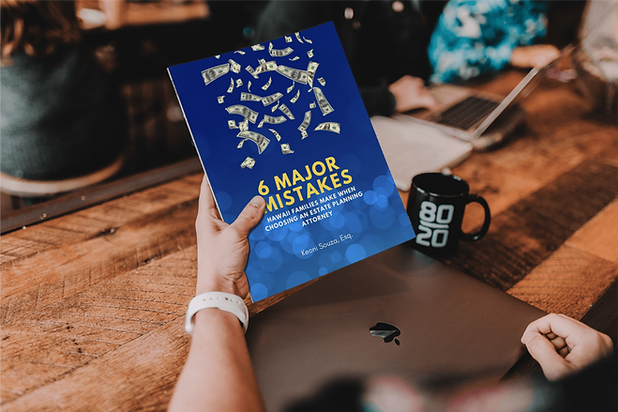
A person, known as the principal, will grant a Power of Attorney to a trusted person, known as the agent, for many reasons. Sometimes a Power of Attorney will be limited in scope. For example, it might grant the authority to sell a parent's home because the parent has relocated out-of-state. Other times, a Power of Attorney will be broad in scope. For example, it might grant the authority to manage a business, access bank accounts, and represent the principal in a multitude of situations.
A Power of Attorney can take effect immediately and be effective until the principal becomes incapacitated. On the other hand, it can be durable and last through incapacitation. A Power of Attorney eliminates the need for a conservatorship proceeding, which in turn saves time and money.
However, when the principal dies, a Power of Attorney is no longer valid. The Power of Attorney essentially dies with the principal. The agent ceases to have any authority. As a practical matter, even if the agent attempts to use the Power of Attorney, institutions will deny it assuming they are aware of the principal's death. If the agent is aware of the principal's death, he or she should not attempt to use the Power of Attorney or risk being personally responsible for any injury or damage.
Upon the death of the principal, the agent loses any authority granted by the Power of Attorney and the personal representative (executor) nominated in the principal's Will becomes the person authorized to manage the principal's estate. Many times the person named agent and the person named personal representative is the same person. While this may often be the case, the authorizing document at death, which allows for the managing of finances or the estate, is the Will and not the Power of Attorney.
Related Article:
DISCLAIMER: All information available at this website are for informational purposes only and is not legal advice. You should contact an attorney directly regarding your specific situation. Use of and access to this website or any of the email links contained within the site do not create an attorney-client relationship between the Law Office of Keoni Souza, LLC and any users or any other party.

